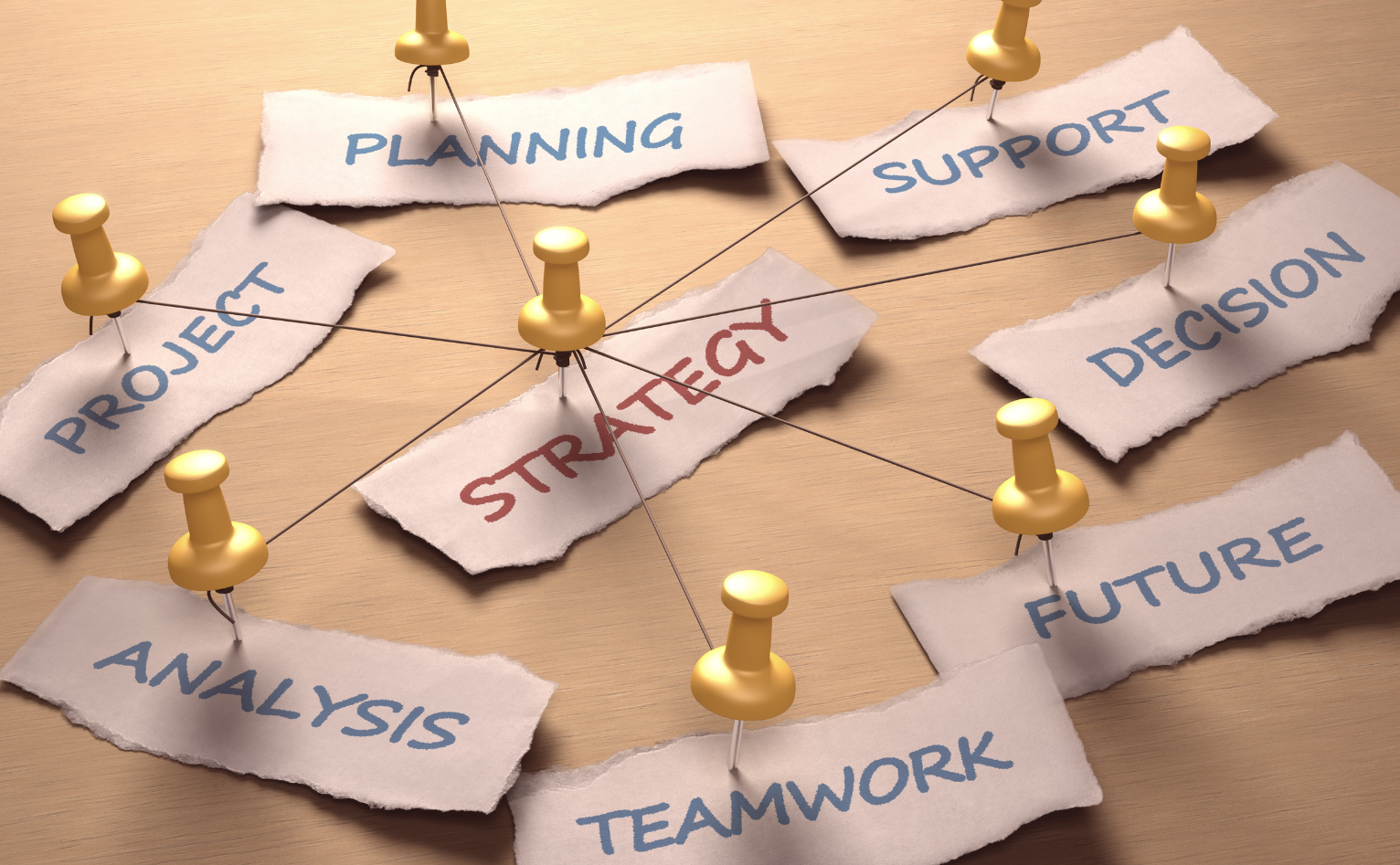Cycles of Sustainability — A Maturing Profession
How might the sustainability profession bend the alarming curves across all sustainability metrics—from emissions to wage inequality and to species collapse? Fabian Sack, PhD, Director at Sustainably Pty Ltd and ISSP Governing Board Member, shares insights from a three-decade career in sustainability practice.
As my tenure on the ISSP Board comes to an end after six exciting years, including a stint as president, I have been reflecting on what has changed over my three decades working as a sustainability professional in Australia. As I see it, we are now into a fourth cycle of sustainability practice.
The very early years of sustainability thinking were largely academic, aside from direct action on gross toxic pollution. I think of the Love Canal, Rachel Carson’s The Silent Spring, the work of The Club of Rome in life cycle assessment. Radical efforts peppered the 60’s and 70’s, leading to the rapid adoption of environmental protection in many countries such as the Environmental Protection Administration in the U.S. This gradually consolidated into international initiatives like the historic Brundtland Report, Our Common Future.
Second Cycle: National and International Governance
During the years immediately following the 1992 Rio Declaration, there was widespread environmental enthusiasm worldwide, especially in government circles. In Australia this was expressed in a landmark intergovernmental agreement on the environment establishing principles of ecologically sustainable development. These were subsequently written into a suite of state and federal laws, many of which continue today and generate a growing body of legal precedents.
Internationally, the NGO community established the first iteration of the Global Reporting Initiative (GRI), beginning the effort to mainstream triple bottom line (TBL) reporting. Other international initiatives, such as the Ecological Footprint, gained momentum in pursuit of the United Nations Millennial Goals. I had the good fortune to be part of a corporate effort to apply TBL reporting, including ecological footprinting, in the early '00s. During these first two cycles, most sustainability jobs were in academia and later in the public and NGO sectors. These professional roles tended to be technical or strategic in focus.
Third Cycle: The Business Case for Sustainability
In the early 2000s, market forces in Australia and other developed economies were noticing the potential impact of sustainability on commercial activity. Increasingly the business case for sustainability was made in terms of reputational risk and licence to operate, and professional practice centred in public relations and to a lesser degree in governance. This had the positive impact of bringing a focus to engaging stakeholders and more generally on the social attitudes toward sustainability. More concerningly, fossil fuel interests worked hard to capture and divert the emerging debate on climate change, setting the groundwork for a decade of inaction.
Corporations globally sought to demonstrate that voluntary action discounted the need for regulation. In Australia, tying progress on corporate sustainability to profitability meant that the global financial crisis (GFC) reassigned resources to more fundamental business drivers, causing the sustainability profession to contract rapidly and ending the third cycle.
An Australian exception to the post-GFC shift away from sustainability practice was local and regional government, where climate impacts, biodiversity loss, rising inequality, and resource scarcity could not be ignored. Over the past decade, this grassroots voice has become increasingly global, expressed particularly across small island developing states in forums like the Intergovernmental Panel on Climate Change (IPCC) and the annual Conference of the Parties (COPs) to the UNFCCC.
Along with these events, there has been increased international attention on the threat posed by the drivers of unsustainability—a global economic, community, and ecosystem threat.
Fourth Cycle: Towards Sustainable Markets
Noting the immediacy of this threat, the international finance community is working to encourage sustainable investment through mechanisms like ESG (environmental, social, and governance) disclosures and the Task Force on Climate-Related Financial Disclosures (TCFD). Regulators are following suit. This coordination of the market and regulation has led to a new wave of sustainability professionals, a wave sufficiently robust that it has pushed through the disruptions of the pandemic.
An important factor in the robustness of the current cycle is demographic change. Millennials in Australia, schooled during the UN Decade of Education for Sustainable Development (2005-2014), are now a growing political force with concern for the realities of climate change, social inequity, and planetary constraints. This generational momentum is global and increasingly mainstreaming sustainability themes across policy and commercial activities, such as the push for a circular economy. With it, there is increasing recognition of voices championing traditional knowledge, both in Australia and elsewhere.
The Next Cycle: Transformation?
The challenge now for the growing cohort of sustainability professionals is to work together towards the truly transformative practices required. We must bend the alarming curves across all sustainability metrics—greenhouse gas emissions, wage inequality, species collapse. Mindful of lessons from the past, we need to encourage radical thinking, international cooperation, evidence-based decision making, social inclusion, and the coordination of markets and states. And we need to be wary of regulatory capture, of spin, and the disingenuity of vested interests.
I believe that the ISSP, guided by its Sustainability Hall of Fame and working with its strategic partners, is well placed to support the sustainability community to do its important work. Sustainability professionals have a set of transdisciplinary, transformative skills which distinguish them from other professions—skills recognised by the SEA and SEP credentials. As I turn my complete attention back to academic practice at the University of Sydney and my work with clients, I’m grateful for the unique opportunity ISSP has lent me to interact with so many truly dedicated sustainability professionals around the world.
About the Author:
Fabian Sack, PhD, SEP
Director, Sustainably Pty Ltd
ISSP Governing Board
PHOTO: Fabian Sack | Forest regrowth three months after Australia's Black Summer Fires | NSW South Coast
Read perspectives from the ISSP blog



